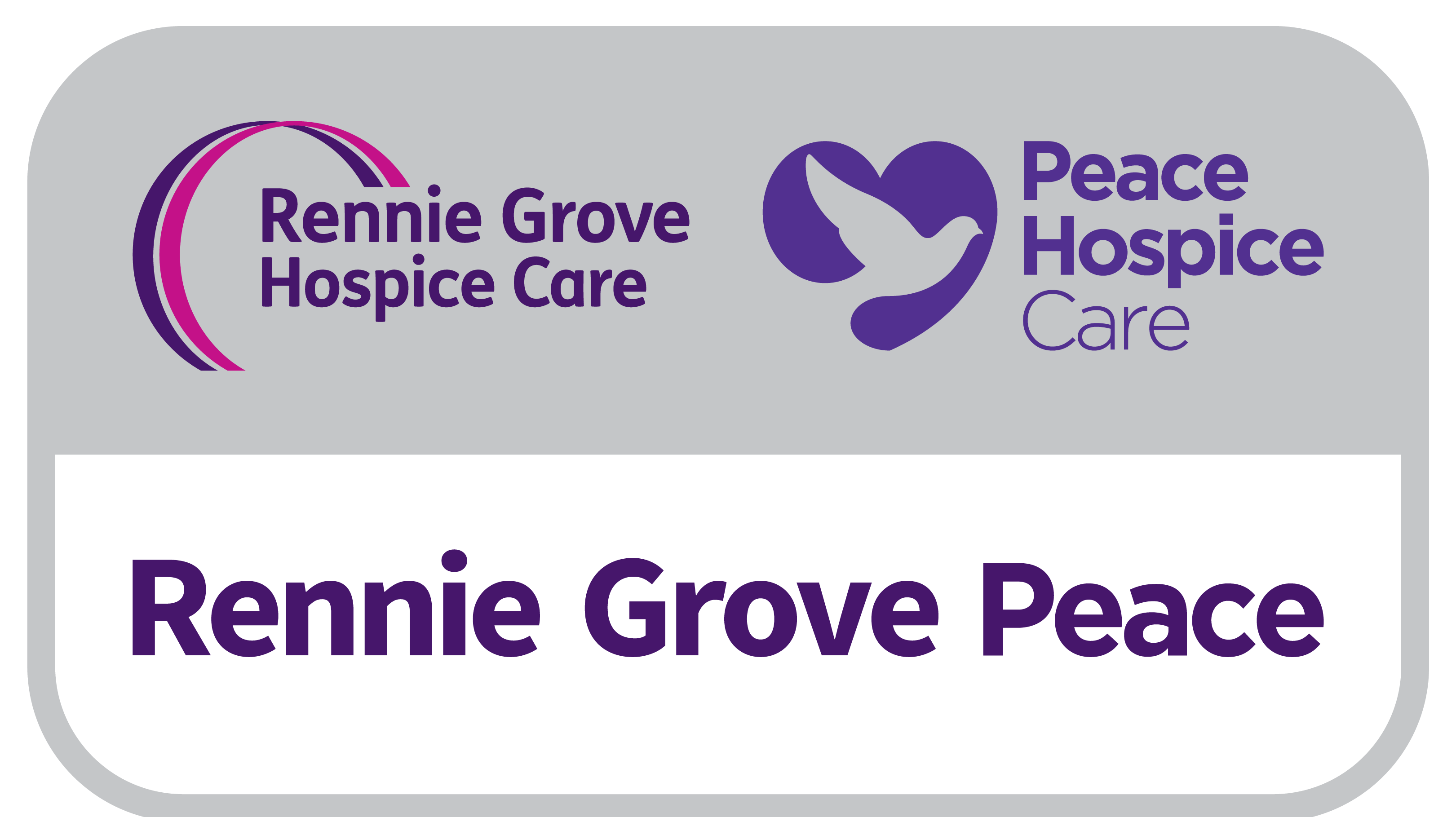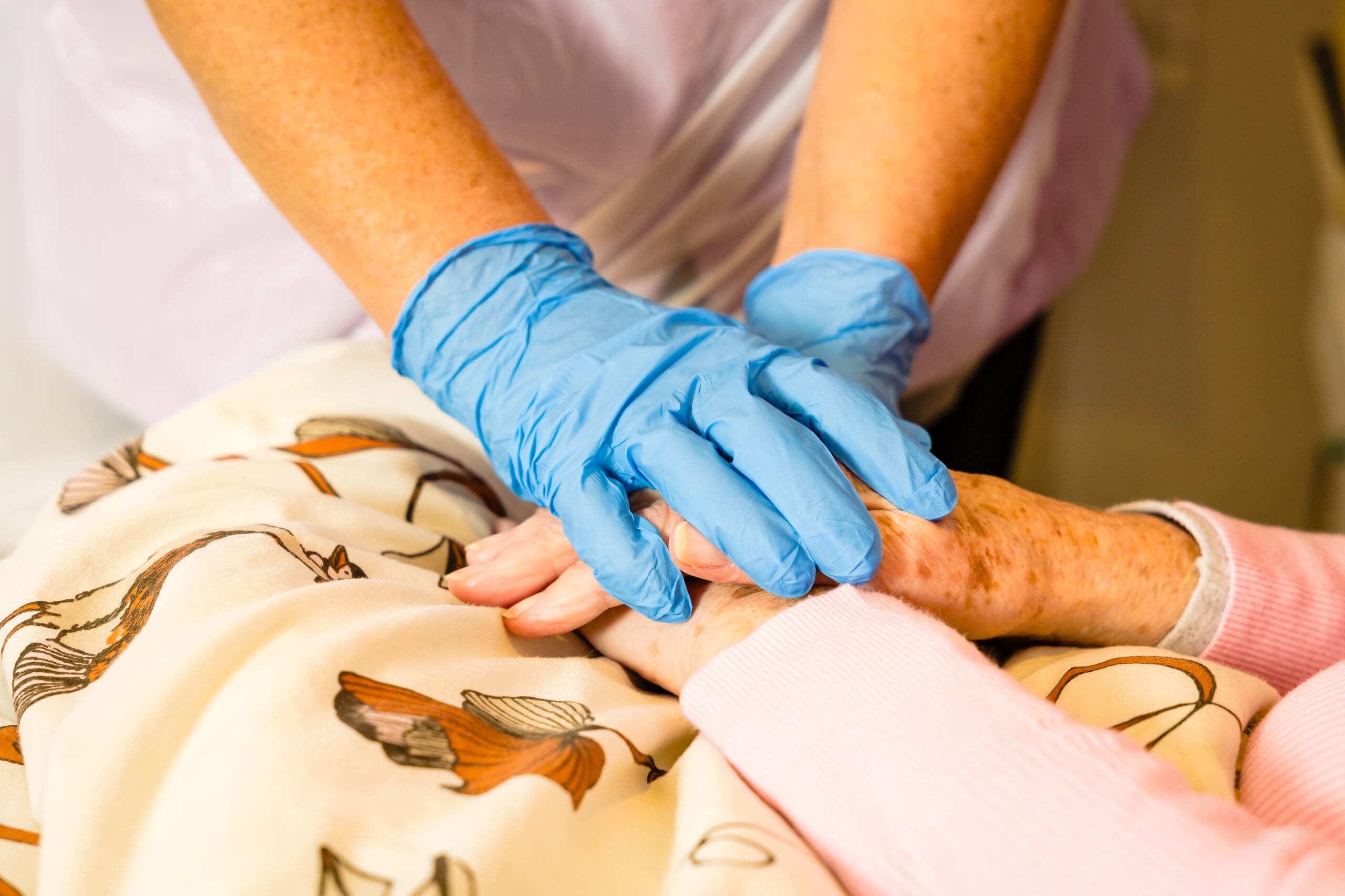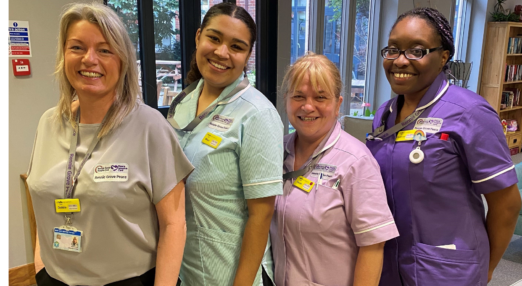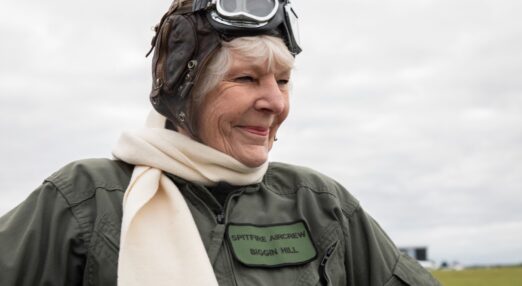“Being a healthcare assistant for Rennie Grove Peace, appealed to me because every day is different, and you meet people from all walks of life.
“It’s a flexible job, as I work four long days and have three days off. Shifts can be flexible too. I have a disabled daughter and I find it works well around family life.
“It’s such a privilege to care for people in their last few days of life. I know that what I do helps people die with dignity and I get a lot of satisfaction from that.
“I also support the patient’s family and loved ones, as it’s a very stressful time for them. Sometimes they just want to talk and I listen and empathise with them, maybe give them a hug and make them a cup of tea.
“We have a great team, and good morale, I feel like I can talk to them about anything.”
Day in the life: Lisa Flynn
“My first visit is at 8am, and I meet my colleague outside. If we haven’t visited the person before, we tell them a bit about our service. There is nearly always a family member present at the initial visit but sometimes we visit someone on their own. We see people for approximately 12 weeks up to four times a week.
“The morning visits normally involve washing the patient, whether that be a bed wash or assisting them to the shower if they are more mobile. We make sure they are clean and comfortable and feel more like themselves by the time we leave.
“If they are alone, we make them breakfast, toast or cereal, and make sure they have a drink by their bed. We do regular assessments of the patient’s skin, so check for pressure ulcers or blanching. If we feel there is something concerning, we flag with our senior and they log it so the person gets a visit from a Rennie Grove Peace nurse, or district nurse. We also assess for any falls risks, such as rugs and give advice on how to reduce their risk of falling.
“We have between nine and 12 visits per day, depending on the need that day and we get regular breaks between visits. I sometimes go back to the office in Watford, or my colleague and I might go for a coffee or just pick up something from the supermarket and sit in the car. It depends where we are and what is nearby.
“I also support the patient’s family and loved ones, as it’s a very stressful time for them. Sometimes they just want to talk and I listen and empathise with them, maybe give them a hug and make them a cup of tea. I feel like I can take some of the weight off their shoulders.
“It’s a flexible job, as I work four long days and have three days off. Shifts can be flexible too. I have a disabled daughter and I find it works well around family life. I love that every day is different, and you meet people from all walks of life.
“It’s such a privilege to care for people in their last few days of life. I know that what I do helps people die with dignity and I get a lot of satisfaction from that.
“We have a great team, and good morale, I feel like I can talk to them about anything.
“At the end of the day, I have a nice relaxing shower and a cup of tea, I take my dog out and watch a bit of television.”
The impact on patients and their families




You may also be interested in
-

What is Hospice Care?
Hospice care is not only for people at the end of their life, but for anyone living with a life-limiting illness.
Read more
-

Our purpose and values
Our purpose is to provide the quality hospice care our community needs. We support local people within Bucks and Herts who are living with a progressive life-limiting illness, enabling them to live well with illness, in the place that best suits their needs.
Read more
-

Care stories
Learn more about the care we provide from some of our patients, carers and families we've had the privilege of supporting.
Read more




